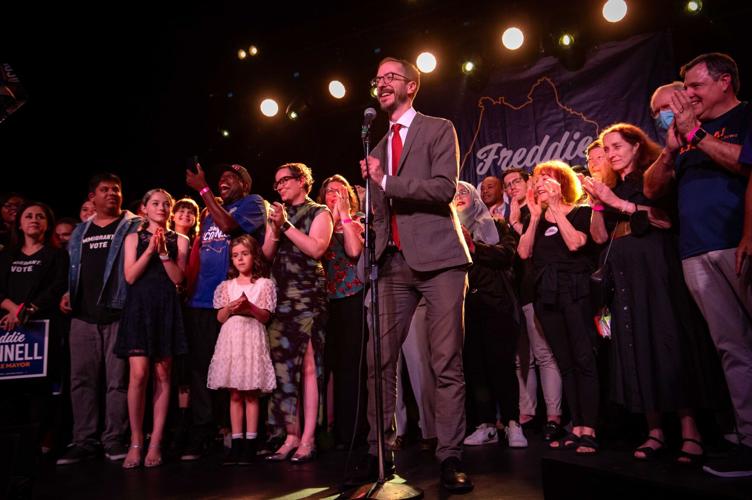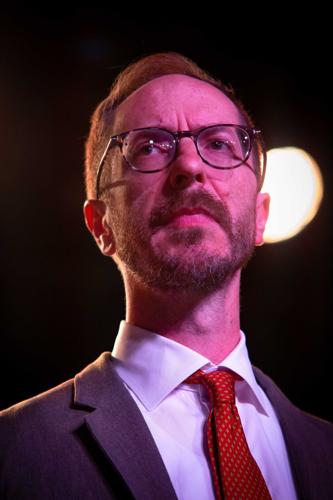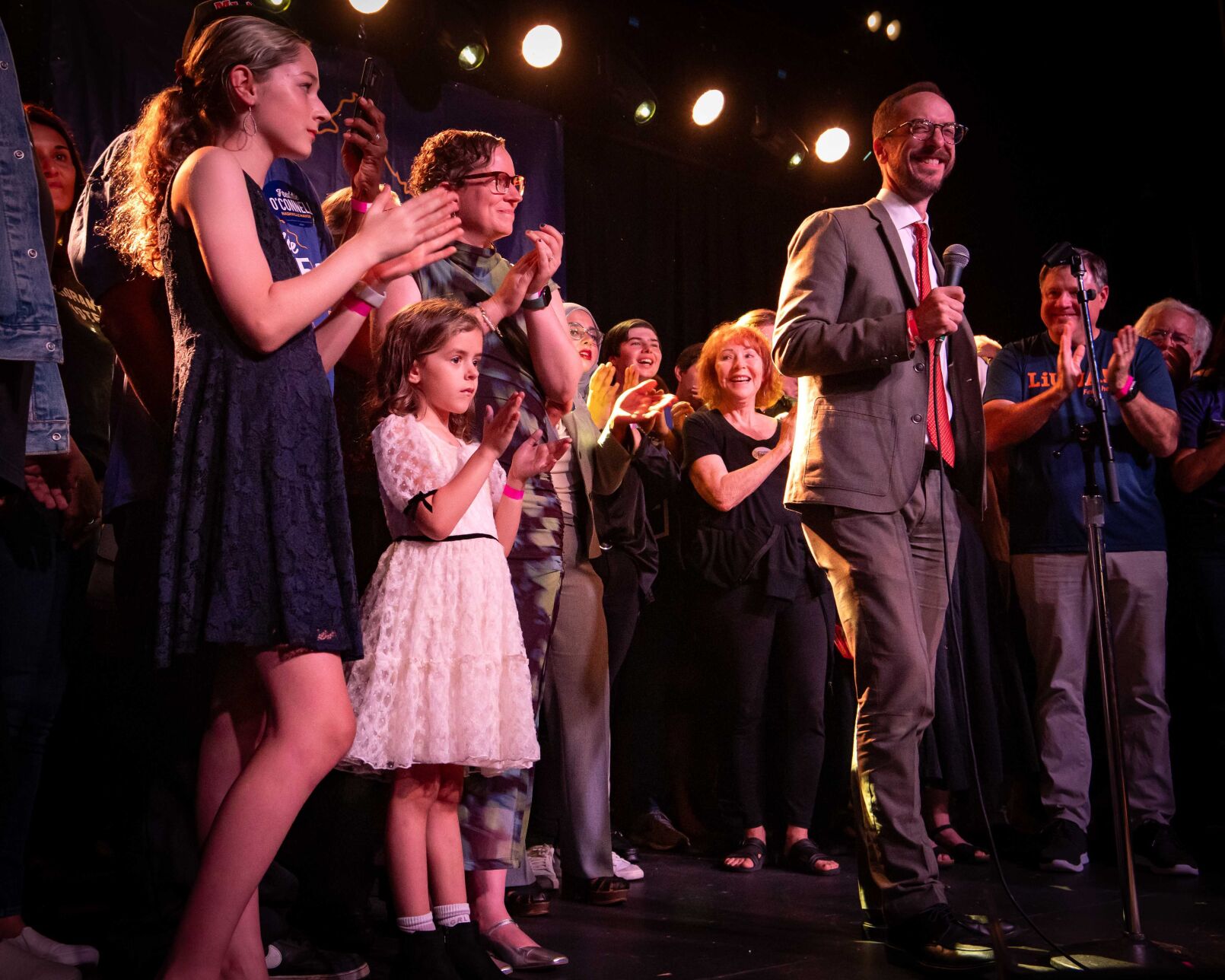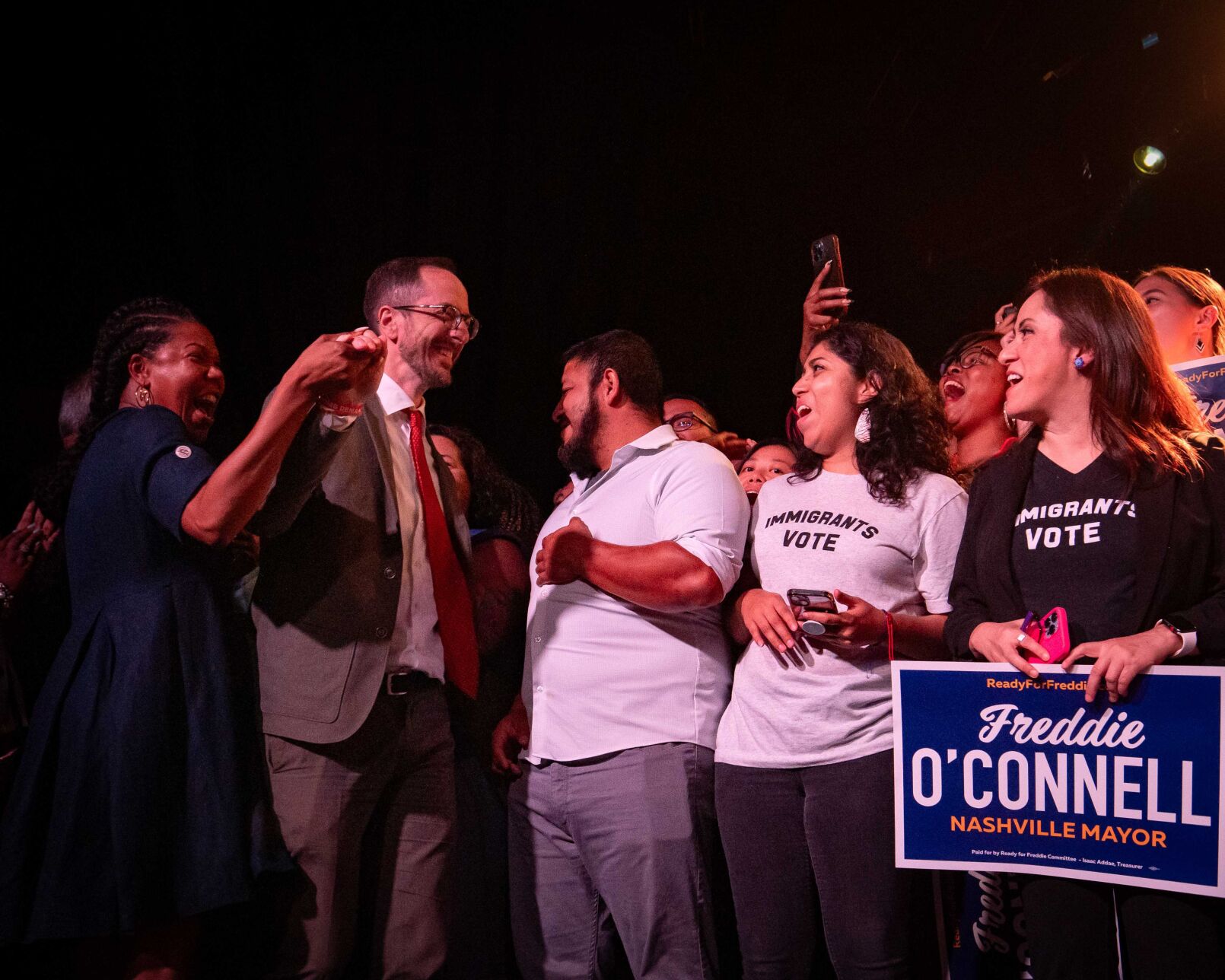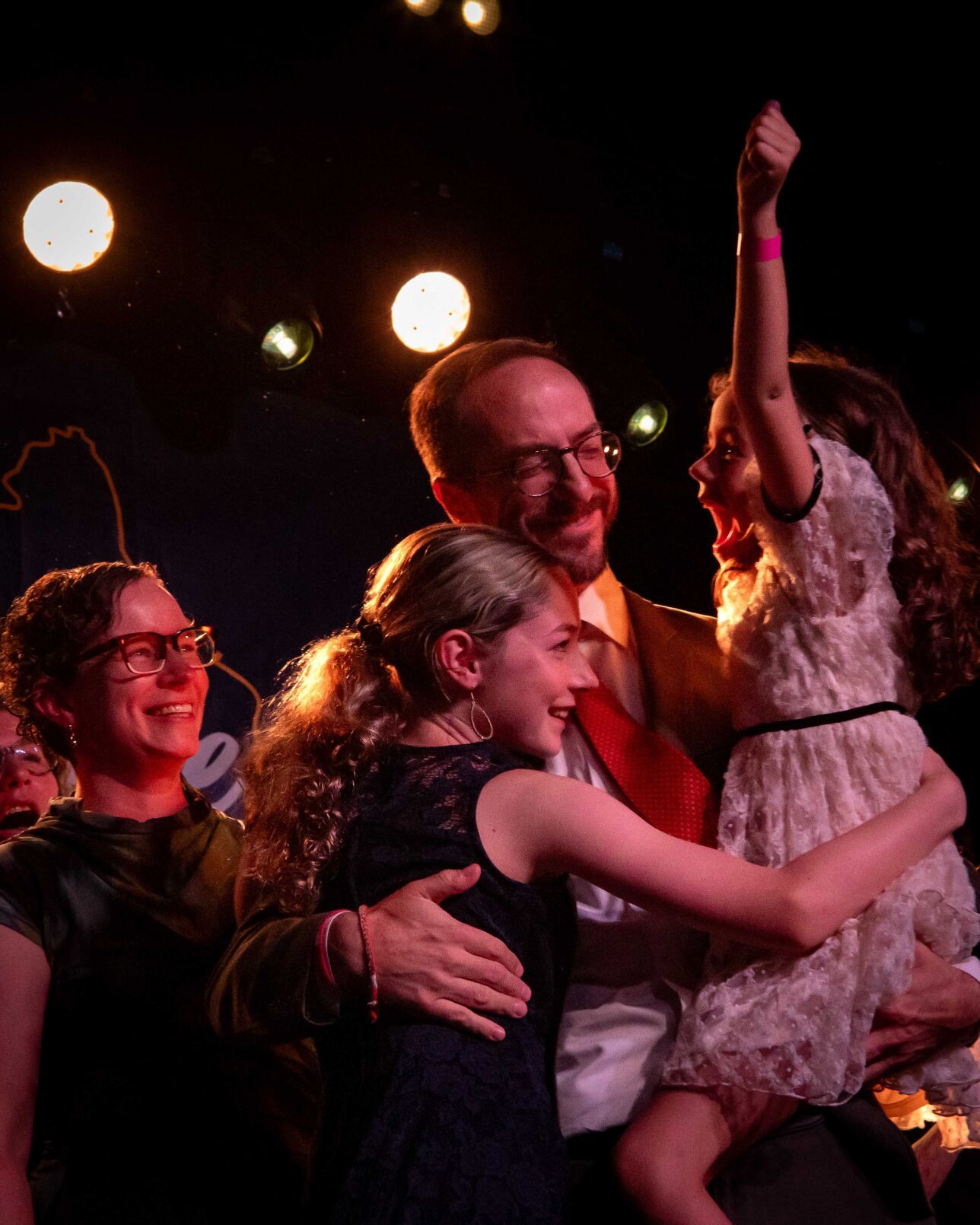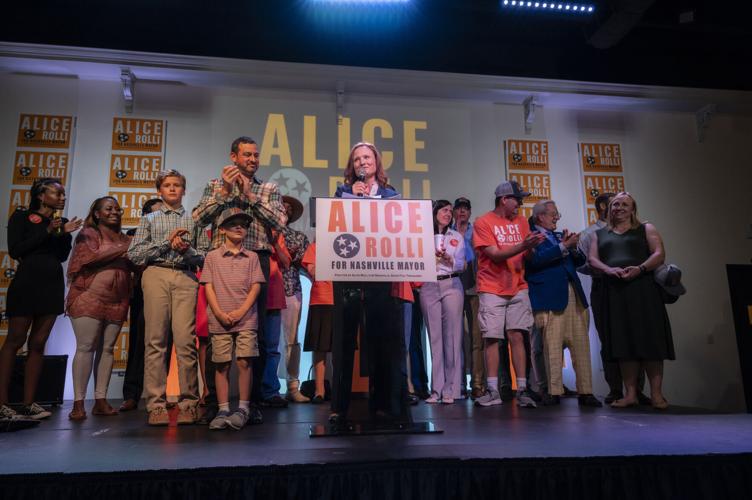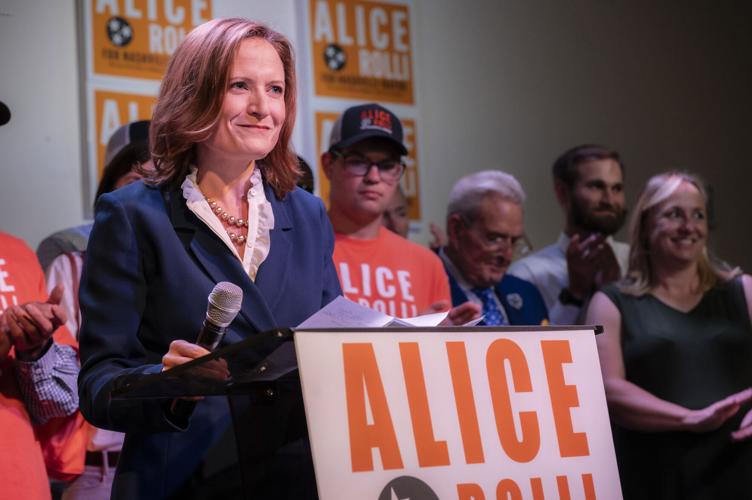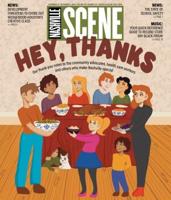As soon as former Republican campaign official Alice Rolli secured the second spot in the mayoral runoff, many Nashville political observers considered the race over.
During the ensuing six weeks, District 19 Metro Councilmember Freddie O'Connell corralled support from labor unions; pro-business groups; progressive advocacy organizations; many local elected officials; the third-, fourth-, fifth-, sixth- and seventh-place finishers in the first round of voting; and even some local business people who previously paid for ads attacking him. O'Connell outraised Rolli 3-to-1 in the runoff, and the scant public polling showed him up big. (Rolli's endorsements, meanwhile, were led by the Fraternal Order of Police, which settled on Rolli after previously endorsing two other candidates, and the local Republican Party.)
On Thursday, that support produced an O'Connell runoff win.
O'Connell, a software professional by trade, launched his campaign last year as a challenge of Mayor John Cooper, whose January decision not to seek a second term turned the race on its head and invited several more candidacies. O'Connell will succeed Cooper next month having run a race in which he talked frequently about his opposition to Cooper's multibillion-dollar deal to help build a new stadium for the Tennessee Titans on the East Bank. Now among O'Connell's top agenda items as mayor will be shepherding the development of the Metro-owned campus surrounding the stadium, tapped for thousands of housing units, hotels, new infrastructure and additional development. Transit, education, housing and a simmering face-off between the state legislature and the city round out the set of challenges facing O’Connell.

Alice Rolli concedes on election night, Sept. 14, 2023
The future mayor and native Nashvillian spent two four-year terms representing District 19, which includes his home of Salemtown, Germantown and downtown's entertainment district, whose rabid growth during those eight years has been a key campaign theme and, at times, a thorn in the side of residents and voters who saw O'Connell as a path back to normalcy. But O'Connell as a councilmember helped shepherd several key downtown development deals to fruition, and he has not been shy about offering to work with business interests when appropriate. Though his three predecessors moved to the mayor’s office from the Metro Council, all were at-large representatives elected countywide; he is the first district councilmember to make the jump to the mayor’s office since Metro’s founding.
"We are all working to make things better," O'Connell told his supporters gathered at Eastside Bowl on election night. "To make this a place we love, together. And it is work, but we are up to the challenge. We still have deep, painful scars from a past that treated too many people unjustly. ... We need to broaden opportunity and access to prosperity."
Rolli's campaign never really got off the ground. A revolving door of staff members, including a consultant with professed enthusiasm for the far-right Proud Boys, didn't help matters, nor did lackluster fundraising. She also faced the political dilemma of moving toward the center to attract more moderate voters or moving to the right and risk awakening Nashville's generally left-leaning though sometimes sleepy electorate. Ultimately, she underperformed her campaign treasurer David Fox's 2015 campaign, seen by some as a parallel to 2023's race. In that election, the conservative Fox and Metro Councilmember Megan Barry emerged from a crowded general election field, only for Barry to beat Fox by more than 10 percentage points.
After a long mayoral race and a six-week runoff, progressive O'Connell beat conservative Rolli by roughly 29 points

